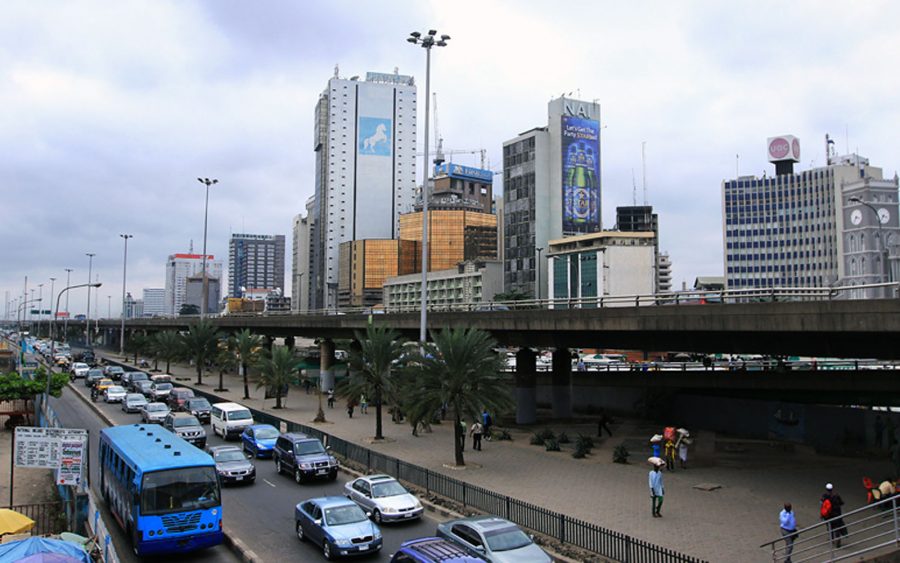Surprises and unexpected events may be witnessed in Nigeria’s banking sector, as bankers said there may be more mergers and acquisitions in the 2019 financial period.
The bankers disclosed this during the roundtable session on the fifth annual Economic Outlook, with the theme, ‘Implications for businesses in Nigeria,’ which was organised by the Chartered Institute of Bankers of Nigeria Centre for Financial Studies – a subsidiary of the Chartered Institute of Bankers of Nigeria (CIBN) – in collaboration with B. Adedipe Associates Limited in Lagos on Tuesday.
About the economic outlook
The outlook, initiated in 2014, was designed to X-ray both global and Nigerian economies in the preceding year, review the expectations of businesses in the current year in relation to global economic and political developments, analyse the implications of the developing economic and political trends for key business sectors, and discuss feasible business survival strategies under the prevailing economic conditions.
The outlook for the economy in 2019 was expected to be mixed in the midst of global uncertainties and domestic challenges.
Part of the report on the economic outlook roundtable on implications for businesses in Nigeria in 2019, which was presented by Olufemi Fabamwo, read,
“Access Bank and Diamond Bank’s combination is expected to be consummated in 2019. Further opportunities and appetite for such mergers and acquisition in the banking sector may be witnessed.”
According to the report, expectations and implications for the business sectors would also be varied. The output growth, it stated, was expected to be driven by fiscal stimulus from an increase in oil and non-oil receipts.
The report also looked into the implementation of the Federal Government’s Economic Recovery and Growth Plan, Implementation of the FG’s Strategic Revenue Generation Initiative, and Executive Order No. 7 on Road Infrastructure and Investment Tax Deal.
According to the report, these will likely have a positive impact on growth and employment.
The bankers noted that the Gross Domestic Product (GDP) was projected to grow by 2.0 per cent by the International Monetary Fund, 2.2 per cent by the World Bank, and 2.28 per cent by the CBN.
It expected widening budget deficit, owing to recent fall in oil price, the OPEC quota cut, the new minimum wage, ASUU demands, etc.
Deficit financing of the 2019 budget (mainly for recurrent expenditure) will further escalate the country’s debt profile and contribute to further crowding out of the private sector with the attendant negative impact on economic growth.
It noted that the current debt to GDP Ratio was 19 per cent, current debt to revenue was 65 per cent, debt servicing was 24 per cent of the 2019 budget, and debt servicing was 30.7 per cent of planned revenue.
It anticipated higher inflation at least in H1 2019 on the back of increased election-related spending, continued disruption of food supply chain by insurgency, herdsmen attack and banditry in some regions.











